Navigating the Specific Challenges of Choosing Hot Water Systems for Queensland's Unique Climate
Choosing the perfect hot water system for your residence in Queensland involves much more than simply selecting a trusted brand or evaluating water capacity. It requires a comprehensive assessment of numerous factors including the local climate, prevailing humidity levels, prevailing electricity tariffs, and the daily water usage habits of your family. As energy prices continue to rise, an increasing number of homeowners are exploring heat pumps due to their impressive energy efficiency and environmentally friendly attributes. However, it is crucial to understand that not all properties are ideally suited for these systems. Therefore, conducting a thorough evaluation of all relevant factors is essential to ensure that your chosen hot water solution delivers optimal performance and longevity.
This article provides an in-depth exploration of how heat pumps operate within Queensland’s diverse weather conditions, identifies the types of homes that can fully leverage these innovative systems, and dispels common misconceptions that could lead to inadequate performance or improper system selections.
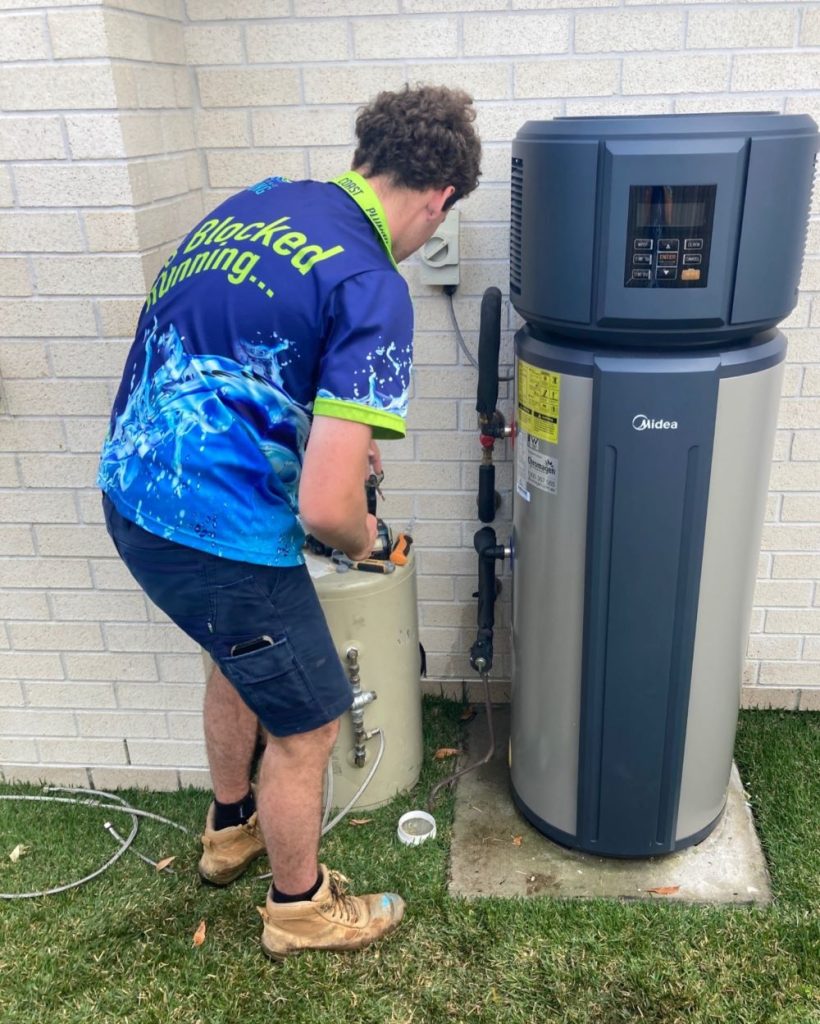
Maximising Heat Pump Efficiency in Queensland's Coastal Areas
Heat pump water heaters operate by extracting thermal energy from the air surrounding them. Their efficiency significantly improves as the air temperature increases. In the coastal regions of Queensland, particularly in popular locations such as the Sunshine Coast, Brisbane, and the Fraser Coast, average air temperatures typically remain above 5°C even during the winter months. This consistent warmth allows heat pumps to operate efficiently throughout the year, eliminating the necessity for electric boosting or additional heating elements that are often required in cooler climates. By harnessing this natural energy resource, homeowners can significantly reduce their energy bills and lower their carbon footprint.
Key Environmental Factors That Enhance Heat Pump Performance
| Factor | Impact on Heat Pump Functionality | Coastal QLD Efficiency |
|---|---|---|
| Average ambient temperature | Higher = more efficient operation | ✓ Consistently maintained above 5°C |
| Humidity levels | Moderate improvements | ✓ Generally high and stable |
| Access to off-peak electricity | Lower operational costs | ✓ Widely available in most regions |
| Roof shading | Not a significant factor | ✓ No detrimental impact on system |
| Direct sunlight exposure | Not a necessity | ✓ Functions well in shaded conditions |
Understanding Conditions Where Heat Pumps May Not Perform Optimally
While heat pumps offer numerous advantages, there are specific scenarios in Queensland where their performance might fall short of expectations:
- Inland or elevated regions
In areas such as Toowoomba and the Hinterland, nighttime temperatures can drop significantly during the winter months. In these situations, certain models of heat pumps may struggle to maintain optimal efficiency without the assistance of a booster element, leading to increased energy consumption and costs. - Constricted or poorly ventilated outdoor spaces
Heat pumps require adequate airflow around their compressor units for optimal function. In tight or enclosed environments, the effectiveness of heat extraction may decline, and operational noise could escalate, possibly causing disturbances for residents. - Large households with substantial water needs
For homes with more than six occupants, systems designed for increased water storage or quicker recovery times, such as solar-boosted gas solutions, may be more advantageous in efficiently meeting significant hot water demands.
Clearing Up Myths About Heat Pumps in Queensland
“They become ineffective during winter.”
This notion may be true for cooler southern regions, but it does not hold for Queensland. In regions where average temperatures consistently surpass 5°C, heat pumps maintain their efficiency throughout winter, providing reliable hot water solutions even in the colder months.
“Solar panels are essential for heat pumps to operate.”
This assertion is misleading. While heat pumps can operate independently of solar photovoltaic (PV) systems, integrating them with solar energy can indeed enhance your energy savings and promote sustainability.
“Heat pumps are excessively noisy and disruptive.”
Modern heat pump systems are engineered to operate much more quietly than their older counterparts. When installed correctly in well-ventilated areas, the noise produced by the compressor unit is generally minimal, contributing to comfortable living conditions.
Proven Techniques for Optimising Heat Pump Installation and Performance in Queensland
- Select a system specifically engineered for Australian conditions
Opt for models that showcase high-efficiency ratings and reliable local support, such as istore or Stiebel Eltron, known for their exceptional performance in the Australian climate. - Install in a well-ventilated yet shaded area
While heat pumps do not necessitate direct sunlight, they require ample airflow around the unit to operate efficiently and effectively. - Utilise timers or smart controls
By programming the system to operate during peak solar power generation times or off-peak electricity hours, you can significantly enhance energy savings and reduce costs. - Ensure proper sizing of your system
A capacity of 250–300 litres is typically sufficient for most households. An undersized system may lead to performance issues and a reliance on boosting mechanisms, subsequently increasing energy consumption.
The Critical Role of Local Expertise in Achieving Successful Heat Pump Installations
The installation of a heat pump requires a tailored approach to achieve optimal results. The best outcomes are attained by collaborating with a local plumber who possesses expertise in:
- Performance tailored to local climate conditions, ensuring maximum efficiency
- Eligibility for rebates such as Small-scale Technology Certificates (STCs) and various Queensland government incentives designed to promote energy efficiency
- Optimal placement and ventilation strategies for the unit to enhance performance
- Integration with solar PV systems or battery storage solutions, if applicable, to maximise energy efficiency
At Creek to Coast Plumbing, we specialise in supplying and installing high-performance hot water systems, including heat pumps, throughout the Sunshine Coast and Moreton Bay regions. Our dedicated team is ready to assist you in determining the hot water service that best meets your specific needs. As the demand for energy-efficient hot water solutions continues to grow, many individuals are considering solar options versus heat pumps. We will carefully evaluate the particular conditions of your home, recommend the most suitable system, and ensure you are equipped for maximum efficiency.
Learn more about our Heat Pump Hot Water Installations or contact us for a customised recommendation that aligns with your unique requirements.
The Article: Heat Pumps in Queensland: Effective Solutions and Pitfalls first appeared on https://writebuff.com
The Article Heat Pumps in Queensland: Benefits and Challenges Explained Was Found On https://limitsofstrategy.com
The Article Heat Pumps in Queensland: Exploring Advantages and Drawbacks First Appeared ON
: https://ad4sc.com

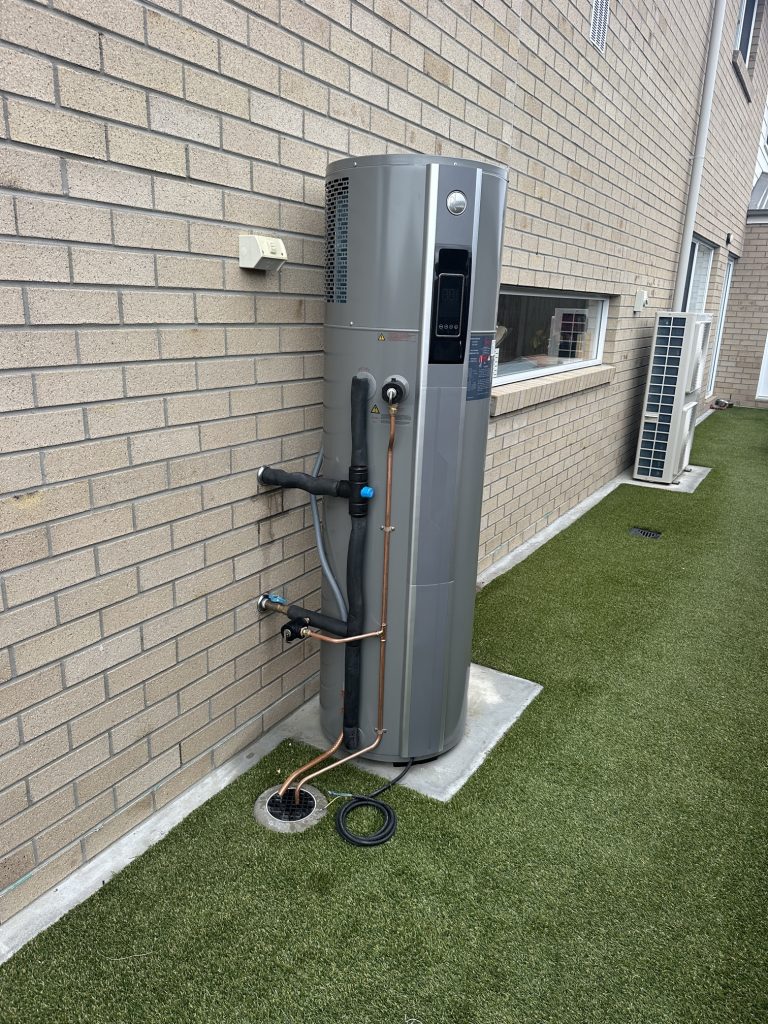
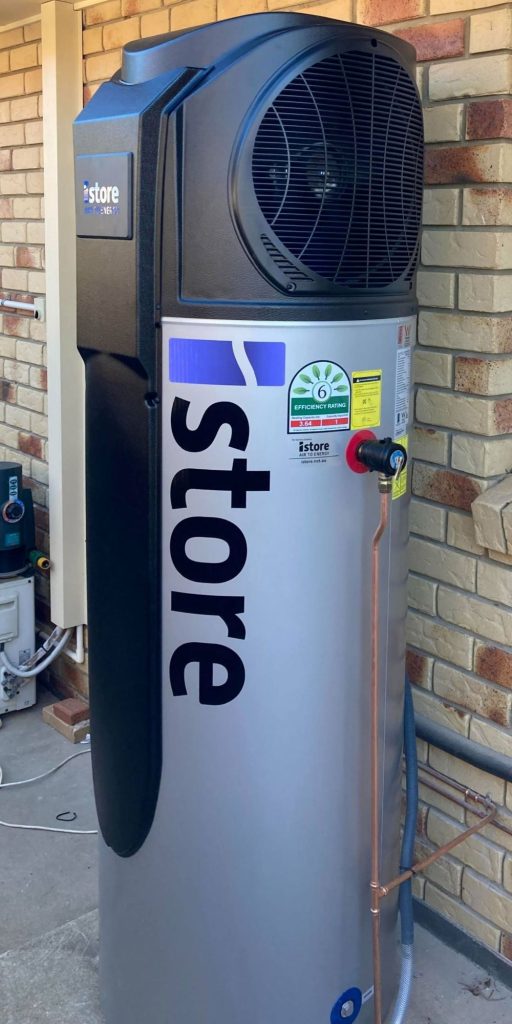
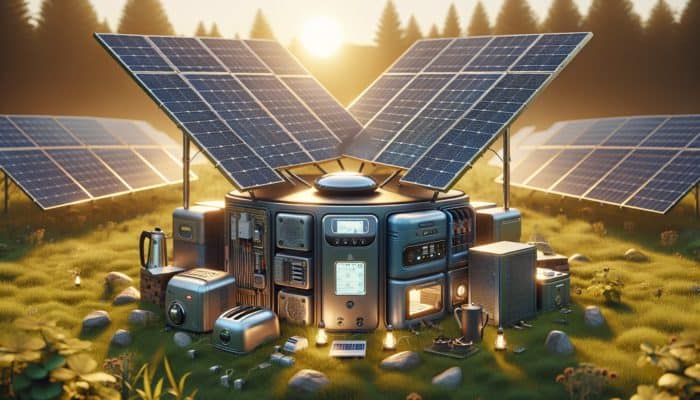
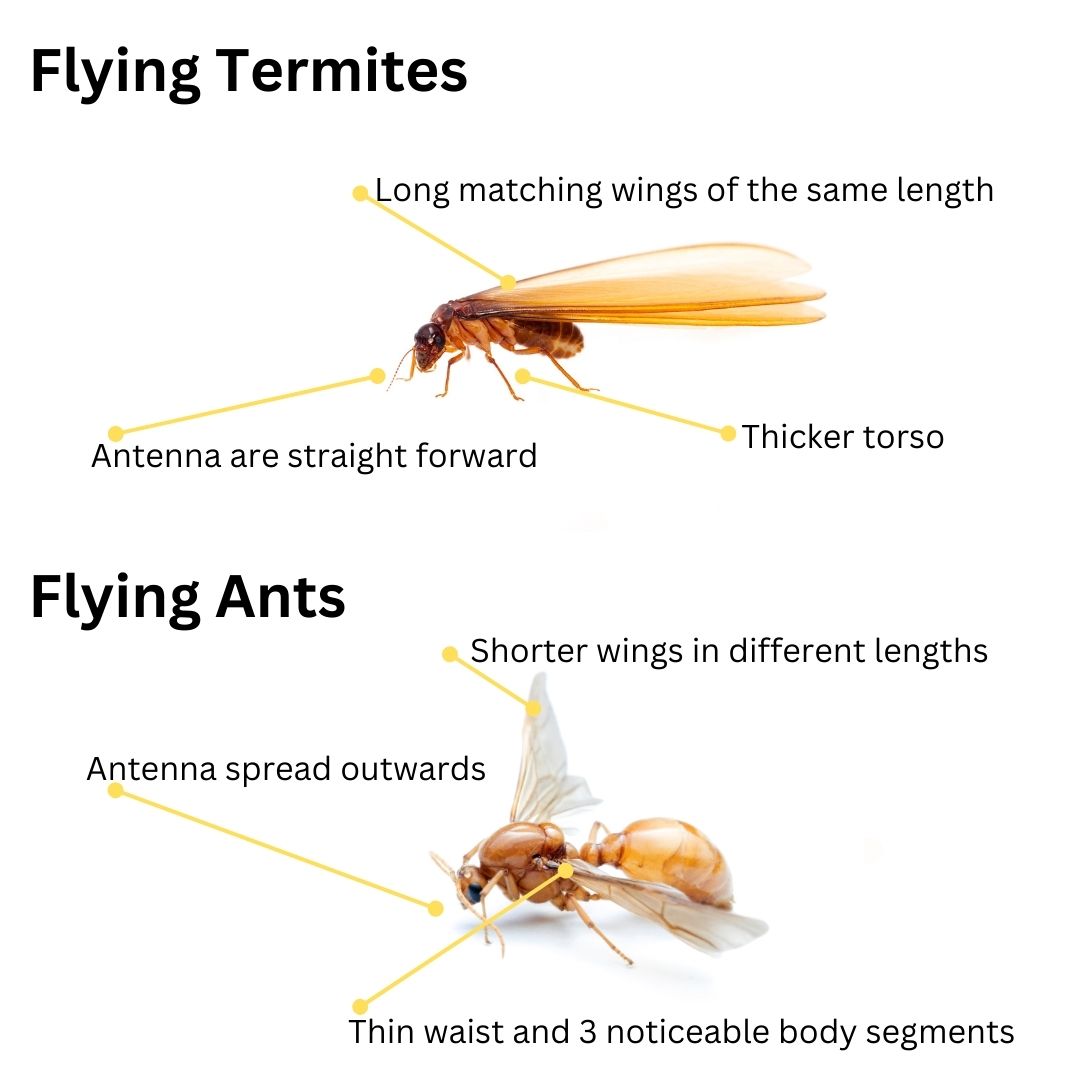


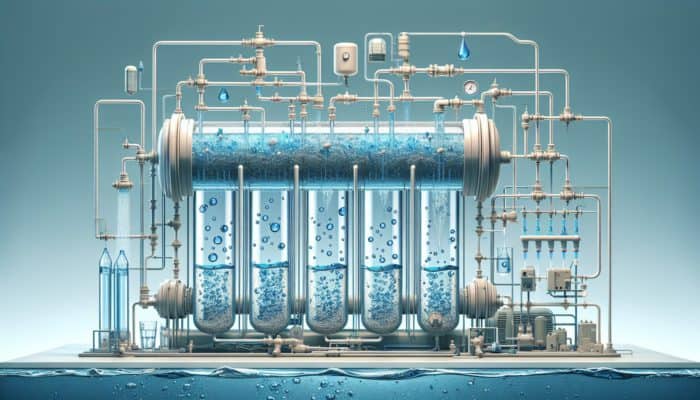



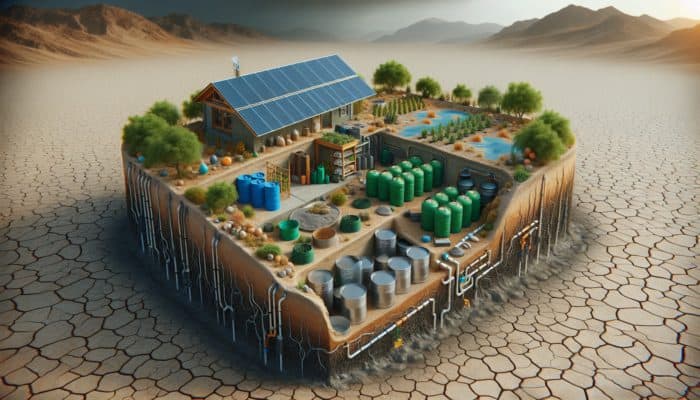



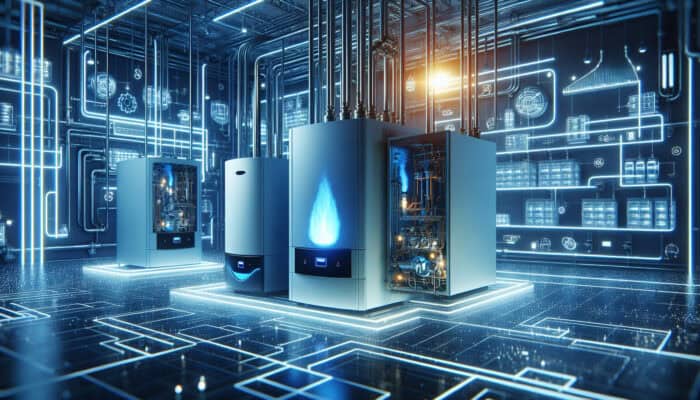

Leave a Reply